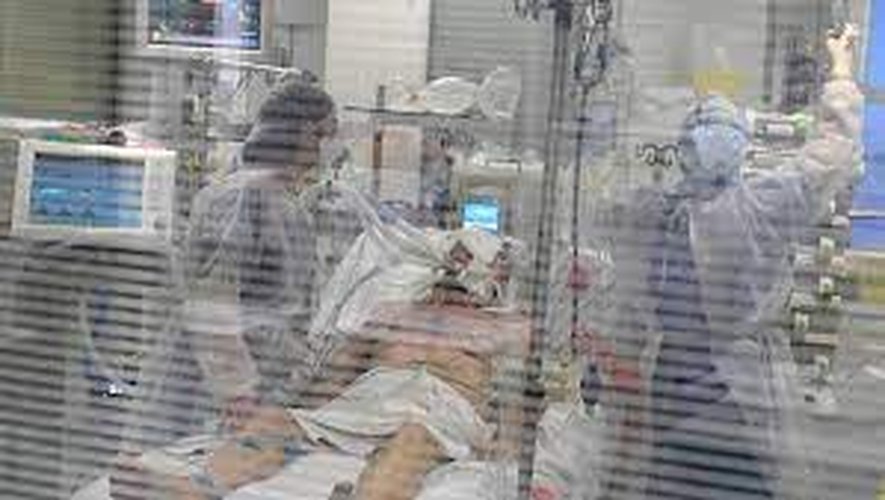According to a study of 40,000 patients, people who have suffered serious complications after being victims of Covid have a 31% increased risk of cancer.
For the first time since the appearance of the Covid-19 epidemic, in November 2019 in Wuhan in China then in January 2020 in France, a study carried out in France establishes a link between a serious form of the disease and the diagnosis of cancer in the months following the hospitalization of people who have developed complications after being infected with the virus.
The investigations undertaken by EPI-PHARE, scientific interest group formed by the ANSM and the Cnam, and the Swiss Institute of Global Health, consisted in discovering whether the appearance of a severe form of Covid-19 could constitute a warning sign of an undiagnosed cancer. Medicine takes it for granted that an organism that is fighting against a tumor is more vulnerable than others to infection because of the immunosuppression caused by the disease.
The authors of this study, who wanted to check whether this rule could apply to severe forms of Covid-19, therefore checked a posteriori the medical data of some 40,000 people who went through the intensive care or resuscitation services of a hospital and for which no diagnosis of cancer had been made until then. Most of the patients were unvaccinated.
Women and under 60 overrepresented
Among this sample, we investigated whether cancers appeared in the months following hospitalization. A cohort of patients was identified, which was compared to a control group of the same age, the same sex and the same geographical origins, but who were not hospitalized for severe Covid.
The result is clear: people who have suffered serious complications after being infected with the virus would present a 31% increased risk of cancer. According to this study, kidney, colon, lung and blood cancers are overrepresented, while women and those under 60 are more vulnerable.
Co-author of this work has been published in the journal Scientific Reports, Mahmoud Zureik, Professor of Immunology at Versailles Saint-Quentin University and director of EPI-PHARE, warns against hasty conclusions which would establish a causal effect between severe Covid-19 and the occurrence of cancer. He notes, however, that this type of serious infection can constitute a marker and recommends placing victims of serious forms of Covid under surveillance.

